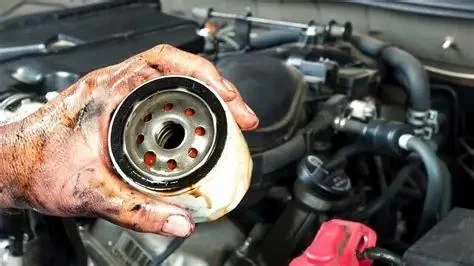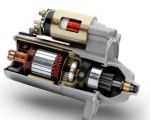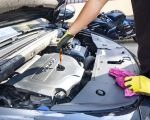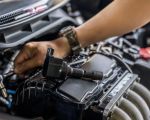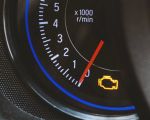- 1-Common-Causes-of-Oil-Leak
- 2-How-to-Detect-an-Oil-Leak
- 3-Potential-Risks-of-Ignoring-Oil-Leaks
- 4-Effective-Prevention-and-Maintenance-Tips
- 5-Professional-Repair-and-Emergency-Services
1. Common Causes of Oil Leak in Vehicles
Oil leaks are a frequent concern for vehicle owners and can arise from a variety of sources. One typical cause is worn-out gaskets and seals, which lose their elasticity over time, allowing oil to seep through. Another common culprit is a damaged oil pan or loose drain plug, often resulting from road debris impact or improper servicing.
Additionally, aging engine components and cracks in oil lines or filters can also lead to leaks. Understanding these causes is crucial to addressing oil leaks promptly and avoiding more serious engine damage.

Junior Auto Body Solutions LLC
10409c Merrick Blvd, Jamaica, NY 11433, USA
2. How to Detect an Oil Leak Early
Detecting an oil leak early can save you costly repairs down the line. Common signs include visible oil spots under your vehicle, a burning oil smell, or low oil levels indicated by the dashboard warning light. Sometimes, you may notice smoke from the engine bay caused by oil dripping onto hot surfaces.
Regularly checking the engine area and oil level, especially after long drives, helps catch leaks before they escalate. Timely identification allows for quick fixes, reducing the risk of extensive engine wear.

Premier auto solutions ny
532 Ray St, Freeport, NY 11520, USA
3. Potential Risks of Ignoring Oil Leaks
Ignoring an oil leak can lead to severe engine damage and costly repairs. Low oil levels reduce lubrication, causing increased friction between engine parts, which can result in overheating and component failure. Additionally, oil leaks pose environmental hazards, contaminating roads and waterways.
There is also a safety concern, as oil on the ground can cause slippery surfaces and increase the risk of accidents. Addressing leaks promptly is essential for both vehicle performance and safety.
4. Effective Prevention and Maintenance Tips to Avoid Oil Leaks
Routine maintenance is key to preventing oil leaks. Regularly changing engine oil and filters ensures clean lubrication and reduces wear on seals and gaskets. Periodic inspections by a trusted mechanic can identify early signs of wear or damage.
Maintaining proper oil levels and using high-quality oils suitable for your vehicle also help preserve engine components. Avoiding harsh driving conditions and promptly repairing minor leaks can extend the life of your engine and keep leaks at bay.
5. When to Seek Professional Repair and Emergency Services
Some oil leaks require professional intervention, especially if they involve major engine components or persistent dripping. Repair specialists have the tools and expertise to diagnose the exact source and perform necessary replacements or reseals.
In urgent situations, such as sudden heavy leaks or warning lights, emergency towing services are critical to prevent further damage. Rescue & Towing offers reliable support for oil leak emergencies, providing quick response and trusted repairs to get your vehicle safely back on the road.
For anyone dealing with oil leaks, accessing professional advice and service ensures peace of mind and protects your vehicle’s longevity.

